Dance Basel is a new dance festival in Basel during the Art Basel week. In collaboration with Theater Basel Public Foyer, this festival is free to the Basel public with a goal of showcasing the work of talented young choreographers in different stages of their development. Dance Basel is an inclusive festival is dedicated to establishing a high-quality platform, including minority choreographers, from a range of different social and ethnic backgrounds and of different genders and sexual orientations.
Who are you? And a bit about your training and experience?
I’m a Swiss dancer, born in San Francisco and grew up in Switzerland. Lately I realized I always answer this question starting with that phrase – but there is always so much more than the main occupation or the country of origin that defines a person. I’ll restart simply: I’m Sophie.
To know more about me: I grew up bilingual french/german. More than a decade ago I did a ballet education as a dancer at the Hamburg Ballet School. Since then I danced in several theaters, as well as in the free scene in Europe and got in touch with other art forms that spiked by interests. I create my own work, as well as co-create within collective structures. Following my hunger for further knowledge the last two years I studied in the MA Expanded Theater. At the moment my main interest lies in researching forms of collaboration between dance and other art forms, and see how artists can co exist, co-share and co-make works.
What inspires you?
Foremost, people, human connections and dialogues.
I’m inspired by everything that is somehow not graspable, that vanishes, disappears for example human memories. I’m interested in the in-between, the unspoken, the unseen of things in a scientific, philosophical but also in an imaginary way.
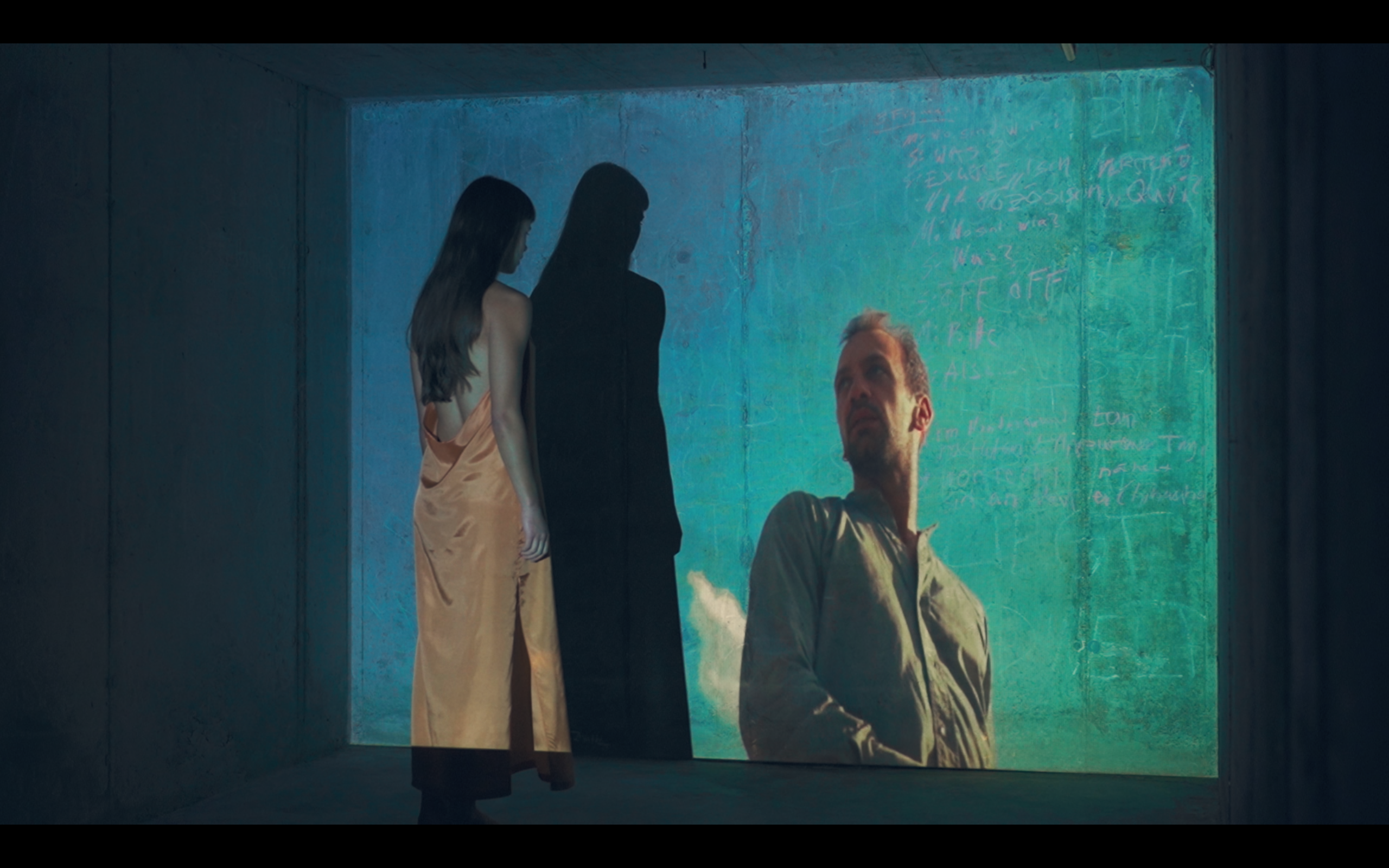
Tell us about the work you are presenting or dancing in?
It’s a very short dance film. I was inspired by a phrase written by Ellen Bryan Voigt:
The plural pronoun we is a dangerous fiction, the source of so much unexpected loneliness.
It started as a small experiment. I wanted to connect two people, in two different spaces. Here, nature (forest) and an artificial space (bunker) and give them a shared context: a WE – a link.
The best part in film is the collaboration. It’s so important to be able to express your thoughts correctly, so that the team can understand you and your imagination – it’s not easy! So many different skills and artists come together to make film. David Lagerqvist, that not only filmed but also edited the film, listened to my ideas, my imagination from the beginning.
He understood what I wanted to do and helped to capture my ideas with the camera just right. A big thank you to ALL the team that made it possible.
Hardest part of your job?
To understand how to let go of situations you do not have control over.
Who has been the most influential person/people in your life? or Career? and why?
I would say my parents. Living in a small microorganism called the dance world – the connection I have with my parents always kept me grounded and reminded me to stay open, not only for dance and art, but to look beyond my own little bubble I live in.
Something you like to do other than dance?
Reading, discussing and diving (scuba diving).
Your wildest dreams for the dance world?
A basic income for artists would give space for deeper research and could free the possibility to fail, struggle and search. Time is precious. The pressure to do quantity productions could be exchanged with quality research. Perhaps?
Something you would change in the REAL world?
Basic income for All humans, worldwide.
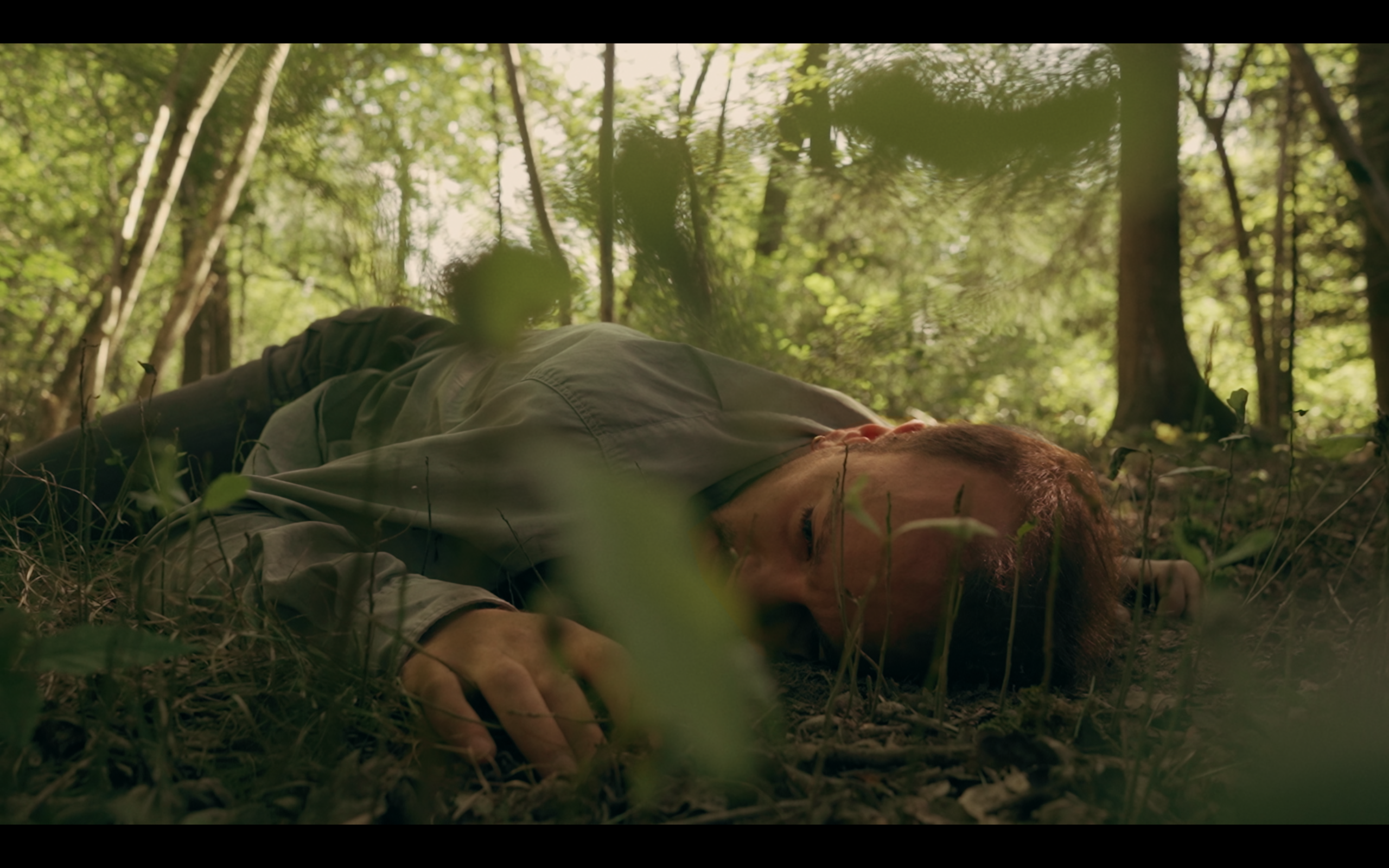
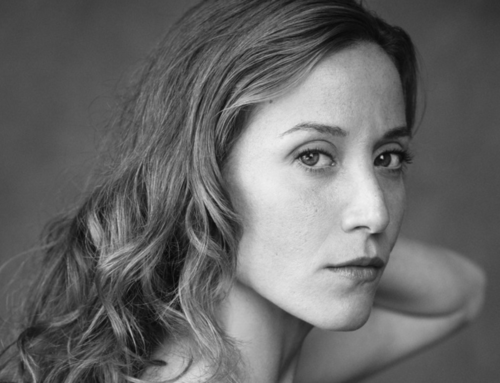
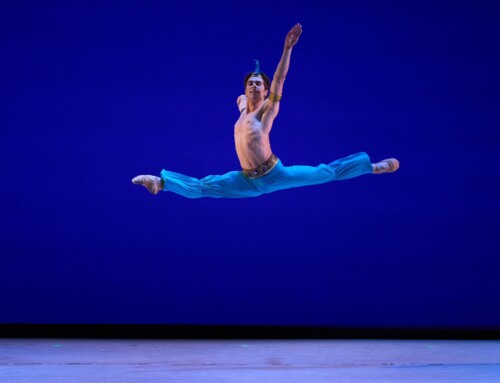
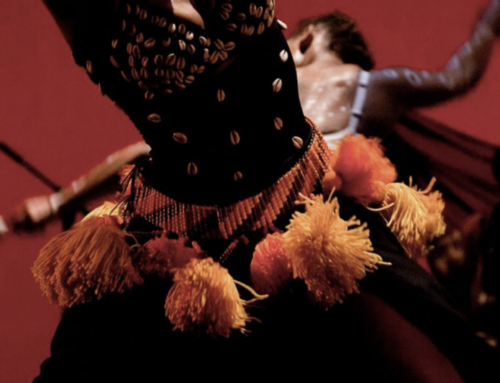
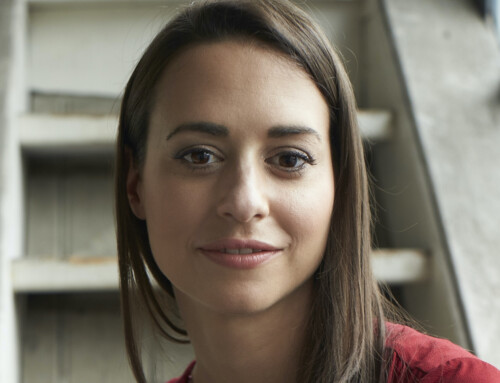
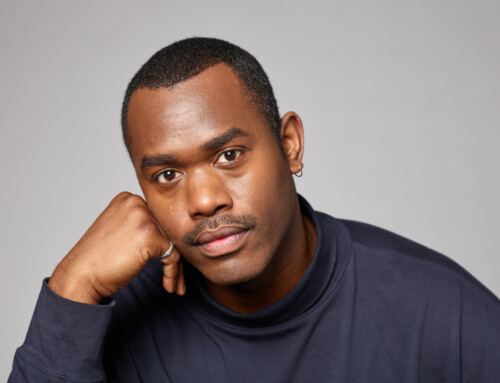
Leave A Comment